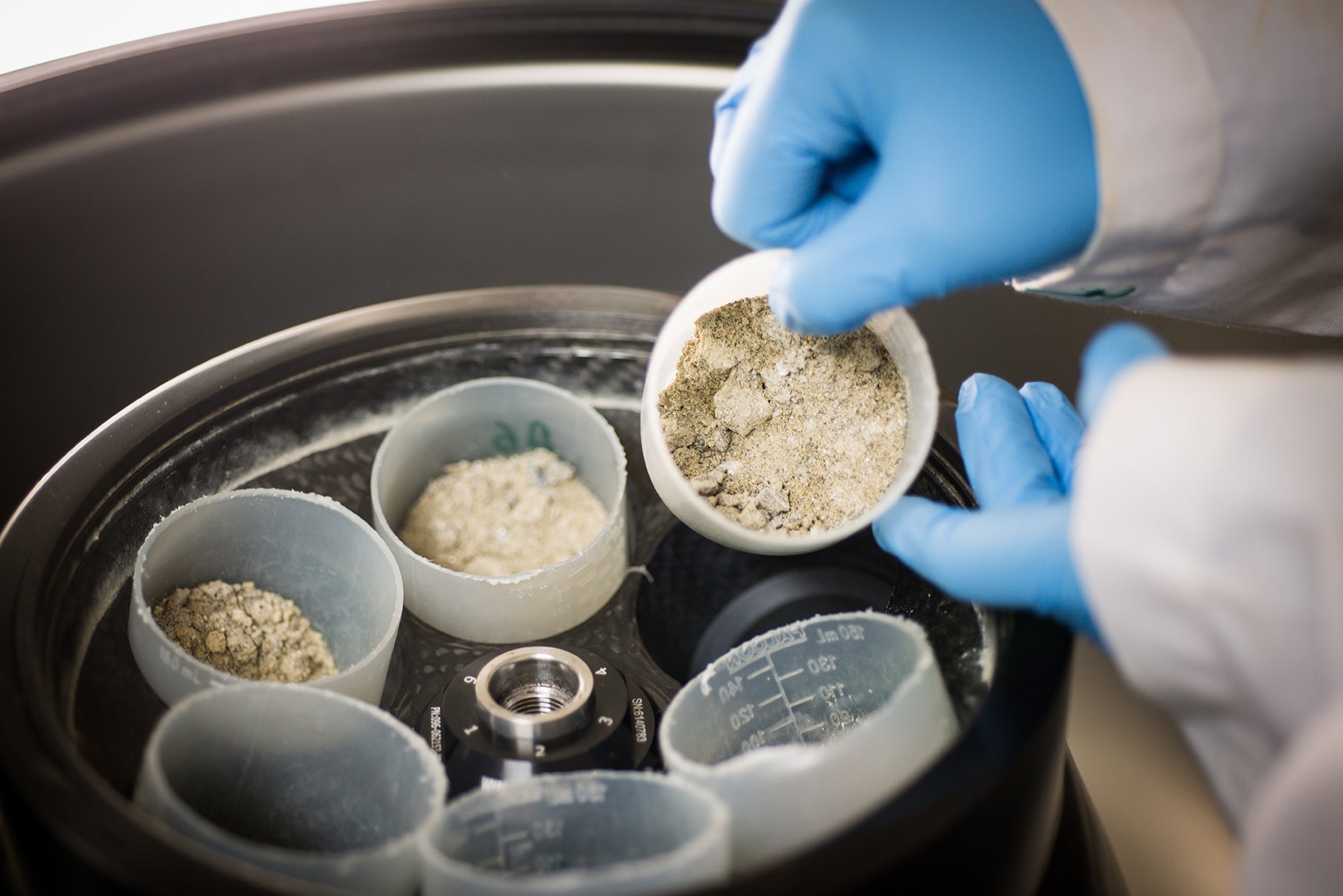World-leading researchers in the Faculties of Science and Engineering are redefining current understanding of the physical world and applying this knowledge to the creation of advanced materials and systems.
The scope of materials and systems research conducted at the University of Waterloo ranges from the smallest scale manipulation of light and properties of subatomic matter to the creation of projects that help shape the future of large-scale infrastructure installations.
In the Faculty of Science, physical and chemical characterization of matter is leading to the creation of new materials, while biological investigations include the compatibility and applicability of new materials within living systems. Diverse synthetic chemistry approaches embracing organic, inorganic, and polymer chemistry are used to develop new materials for energy storage as well as optical and magnetic communication, applications that will significantly increase the capabilities of future technologies.
Advanced materials processing

The complementary research strengths of Waterloo Science and Engineering are brought together by the Waterloo Institute for Nanotechnology (WIN), housed in the Mike & Ophelia Lazaridis Quantum-Nano Centre. WIN plays a pivotal role in enabling cutting edge, transformational research related to the discovery of materials and design of systems. Among its many distinctions are WIN’s leading nanofabrication and metrology facilities, which are among the most advanced of their kind in the world.
Ensuring safety standards
Opportunities to incorporate new materials into on-board systems in vehicles have never been greater. At the Waterloo Centre for Automotive Research (WatCAR), the ability to model and predict multi-material lightweight structural component behaviour, ensuring safety standards continue to be met or exceeded, is facilitating highly significant product development-driven research in this area. From 10,000-frame per second camera images of crash impacts to complex powertrain simulation models, Waterloo’s mechanical and mechatronics engineering competencies are widely recognized and in high demand from vehicle assemblers, parts manufacturers, and materials suppliers across the globe.